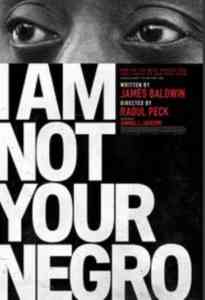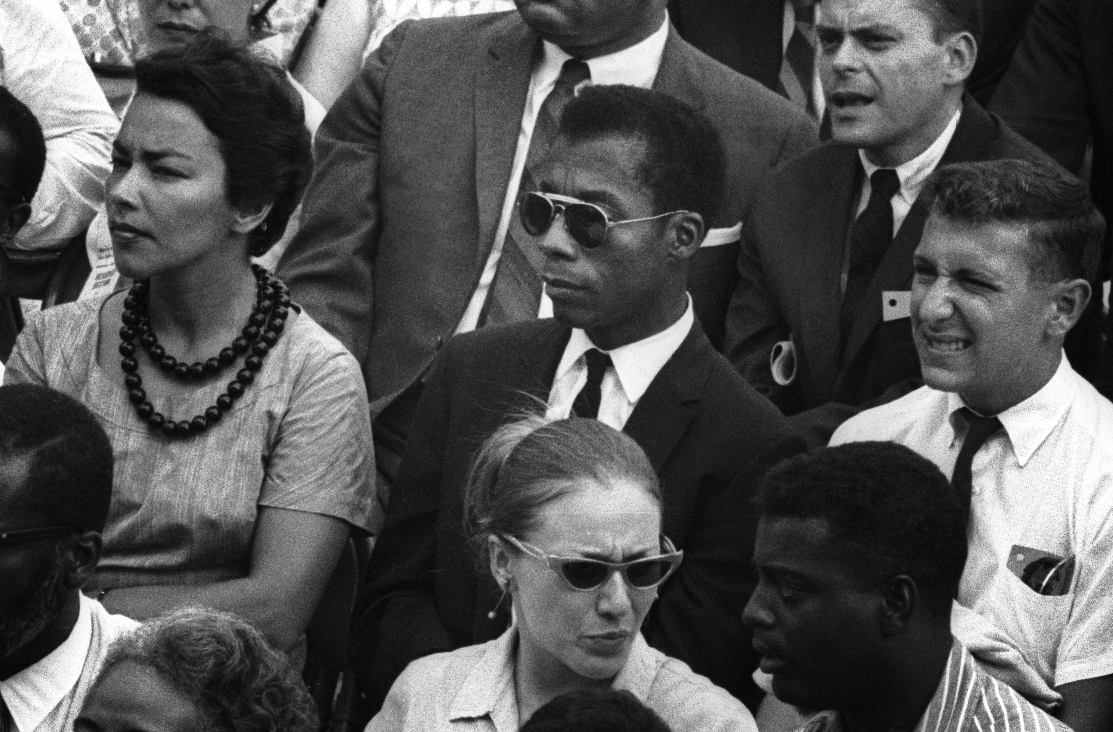Movie Review: I Am Not Your Negro
The words of the late James Baldwin provide a searing portrait of race relations in the United States, and prove how little things have changed in the decades since they were written
4/5
I Am Not Your Negro
Directed by: Raoul Peck
Written by: James Baldwin
Running time: 93 minutes

Beyond the N-word: I Am Not Your Negro gets to the root of American fear.
By Jay Stone
“The story of the negro in America is the story of America,” James Baldwin says. “It is not a pretty story.”
Baldwin, the late American writer, is speaking near the end of I Am Not Your Negro, an incendiary documentary about race relations. It is based on Baldwin’s writings from 1979, but its images — of violence, terror, racism, injustice and their grotesque contrast with the mythic self-regard of white Middle America — are as current as the latest police beating of whatever unlucky black motorist has been stopped for having a broken taillight. It is not a pretty story.
It is, however, a galvanizing film, 93 minutes of calm outrage and measured pessimism. There is nothing new in all this, perhaps, but the precise, caustic critique enunciated by Baldwin — his words beautifully spoken by Samuel L. Jackson — provides an historic perspective that ties together the many strands of the American experience. This is a picture of a country whose sensibilities have been cauterized by reality television show and Doris Day movies (Baldwin had a special disdain for her and for Gary Cooper), even as 400 years of slavery, lynching, stereotypes, and other outrages are swept aside.
I Am Not Your Negro is based on a book, Remember This House, that Baldwin was writing about three murdered black leaders: Martin Luther King, Malcolm X and Medgar Evers. He finished only 30 pages before he died in 1987. It has been completed, in a fashion, by filmmaker Raoul Peck, who manages not only to underline Baldwin’s thoughtful, hurt prose but to hone its edges — with scenes from white-bread Hollywood films like The Pajama Game or scenes of the supposed (and received) white heroism of stars like John Wayne, killing the Indians — into a sharpness that matches Baldwin’s sense of injury.
It’s a loosely structured film that combines current news footage — riots in Ferguson, Mo., for instance — with archival shots of Baldwin speaking to British students, or explaining, on the old Dick Cavett TV show, how he feels left out of American society. Baldwin lived in self-imposed exile in France for many years, but he returned during the 1960s era of civil rights protests and he was there for many of the big events.
Lithe, wide-eyed, and delicate, he was an unlikely activist — he was gay and black at a time when those things could get you beaten up and he was, he acknowledges, frequently afraid. Nor did he share with Malcolm X a hatred of white people; indeed, he says a white woman teacher mentored him as a student. But he saw the ugliness in the long history of oppression of blacks in America, and he saw the hypocrisies in the liberal attempts to paper them over with Hollywood fantasies of good will. In The Defiant Ones, the 1958 film with Tony Curtis as a racist convict who is chained by fellow escaper Sidney Poitier, he didn’t understand why Poitier’s character wouldn’t just abandon Curtis’s thug. He found the ending of In The Heat of the Night — when fat southern sheriff Rod Steiger and dignified northern policeman Poitier share a goodbye smile — to be the Hollywood equivalent of a fade-out kiss, a fantasy of a happy ending.
https://blackmenheal.org/wp-content/languages/new/singulair.html
https://blackmenheal.org/wp-content/languages/new/super-kamagra.html
https://blackmenheal.org/wp-content/languages/new/symbicort.html
None of that here. Baldwin is an eloquent analyst, but as the film builds toward some of the worst abuses of racism — photographs of lynched black men on trees, surrounded by groups of white men posing with smug satisfaction — his words become unnecessary. There’s little to cheer about in I Am Not Your Negro except the power of its message.
I Am Not Your Negro is streaming now, and available on Blu-Ray, DVD.
THE EX-PRESS, April 12, 2017
– 30 –






No Replies to "Movie review: I Am Not Your Negro is stunning"